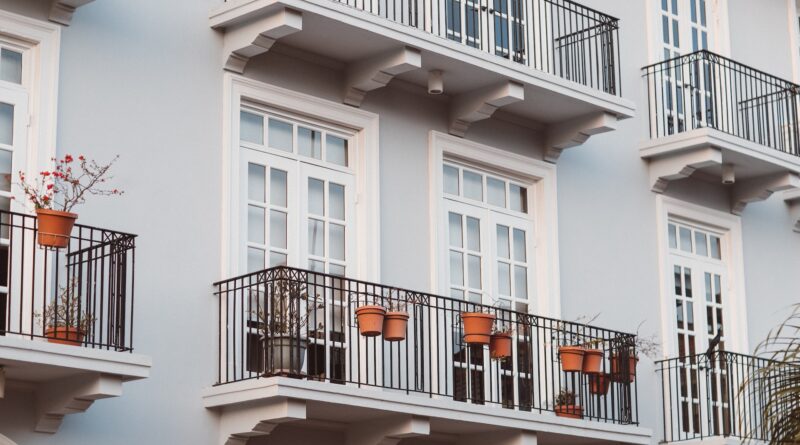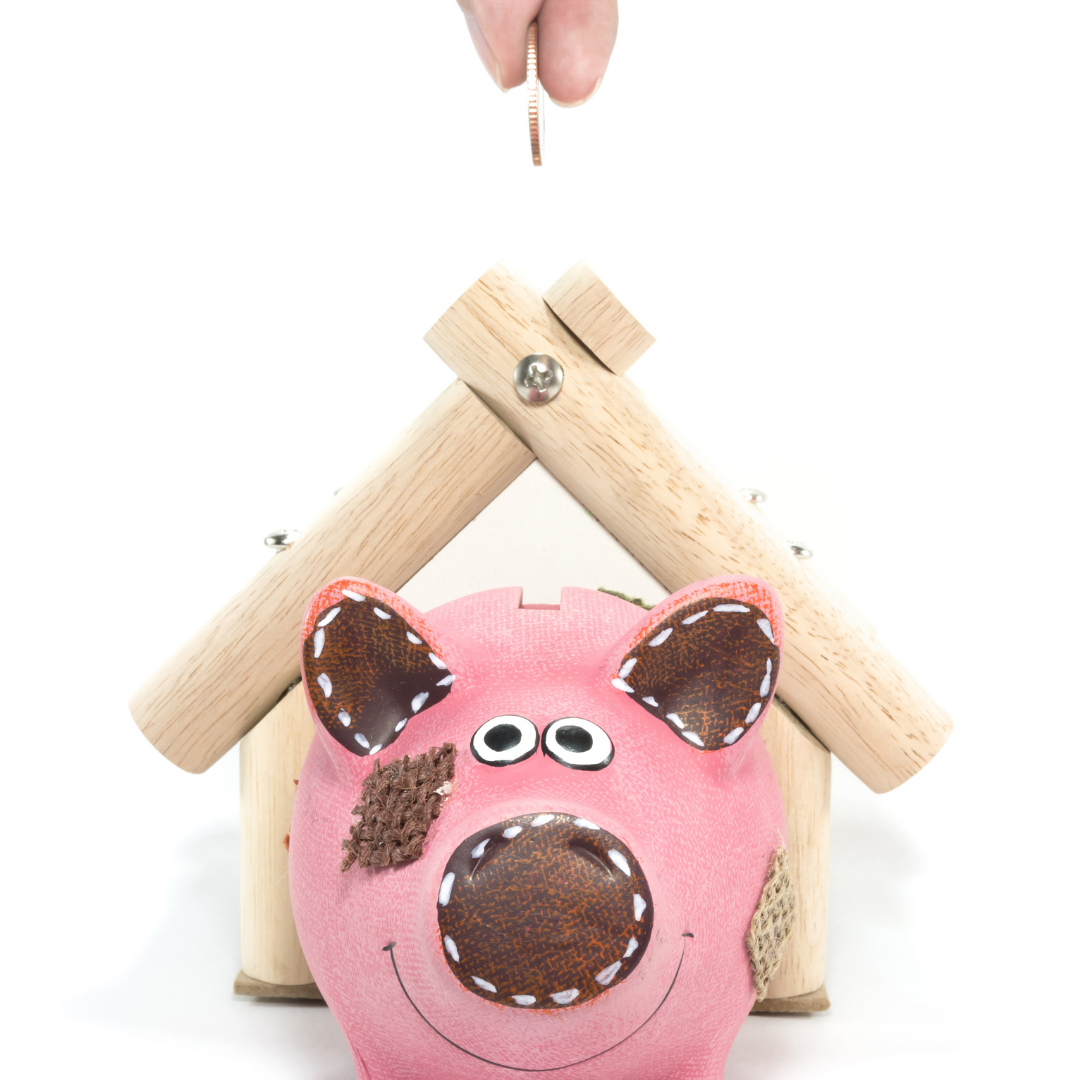5 Essential Questions To Ask Before Renting An Apartment
The rental market may not be as affordable as it used to be, but many people still need to find a place to stay. This is why viewing many properties and balancing cost and the lifestyle you’re looking for will remain a priority for many, many people. However, your need shouldn’t mean you have to take the first place that seems viable, because sometimes this can be even more harmful than not taking on the place, to begin with.
Never fear, because provided you’ve considered your needs, wants and dealbreakers, viewing many properties and deciding on the best option will be easier. It’s also important to be wise about understanding the wider characteristics of each property. For example, residing directly under a flight path with aeroplanes floating past every hour may not be a dealbreaker, but if you have a small baby, it may be worth knowing.
In this post, then, we’ll discuss 5 essential questions to ask before renting an apartment from a landlord or property agent.
Is The Property Open For Pets?
Some people recommend not telling your landlord about the cat you hope to own and bringing them in any way, but they’re within their rights to have you remove your pet from the property or ask you to move out should they notice you’ve brought a feline friend in. Even if you are pretty sure they wouldn’t do that, they have that right at any time.
For this reason, it’s always good to ask if your property is open for pets. But just because you can doesn’t always mean you should. For example, a dog in a one-bedroom apartment might not have enough space to stretch their legs, as it’s unlikely you’ll have a garden space in such an environment either. Read this guide here for the best owner’s tips worth knowing as far as that goes.
What Are The Utility Arrangements?
It’s important to note what the utility arrangements of the apartment may be. For example, if you’re moving into an apartment block then the energy supply may be covered by one building that you have to pay your own contract towards. However, in some cases, like in a house of multiple occupancy, you may have a bills-inclusive rent.
That might sound convenient, but it’s important to note what that all-inclusive billing offers. Note: it’s probably not everything. Depending on where you live, this might include housing or council tax, internet, water, garbage collection, or even cleaning services. Be sure to read the small print and ensure you agree with the quoted prices.
Moreover, depending on what country you live in, the cost of living in a particular area may be limited or bespoke in many unique ways. In the United Kingdom, most households have to pay council tax for the general upkeep of their location. But if you live in a house of multiple occupancy (HMO), then the landlord is responsible for those payments. Understanding this in advance can save you a great deal of confusion and worry.
Are Any Other Services Included?
Included in your rental charge may be a few services worth knowing. Perhaps your landlord pays for someone to come and clean the common areas every two weeks or so, so you won’t have to do that.
Or, perhaps they pay for waste collection for the whole building and that’s included in your rent. Maybe they offer contents insurance through the letting agent they use to manage your booking. However, it might be that you need to register for this contents insurance package before it’s valid, so be sure to ask any questions if you’re uncertain.
This approach will help you avoid missing out on any services you’re actively paying for as included in your rental agreement.
What Does The Maintenance/Complaints Process Look Like?
If you have a landlord, then it’s highly likely they’re responsible for the upkeep and maintenance of your property. There are some limitations to this – for example, you’re expected to change the lightbulbs in provided lamps as opposed to calling someone out for that task.
However, if you have plumbing or electrical issues, especially in out-of-hours periods, then you may have the contact information for professional services or be expected to call the landlord personally so they can arrange something. For more professional property agents, you may have an online system you can use to book repairs and schedule work.
Again, this should be laid out in your contract. You can also raise issues and complaints through similar means, and it’s important to read your contract and general tenancy law to see what your potential acts of recourse are. For example, if it takes two months for your landlord to address mold or other issues, you may consider just how legal your right to withhold rent is:
How Secure Is The Building?
It’s wise to ask how secure the building is, or if any strategies are in place to secure the space. Outside of strong locks on the doors or windows, this might not be that common. It’s not like your landlord is going to pay for an armed guard that swaps out with another professional 24/7 in eight-hour shifts unless you live in a pretty inhospitable area.
However, it might be that you have well-maintained fire escapes, a keycard system that buzzes you into the apartment building, an intercom system with video access, or simply a populated building with residents that will be happy to come and help you if you need it.
Knowing this can help you plan your own security measures accordingly, like adding your own locks or only placing your windows on ventilation lock and never leaving them open during the day, even when you’re inside. Of course, these measures will depend on exactly where you live and the style of building you live in. If you’re on the 20th floor of a nice apartment building with a security desk, odds are you will never have to worry except for fires.
With this advice, you’re certain to ask the right questions and find your best apartment comfort.



